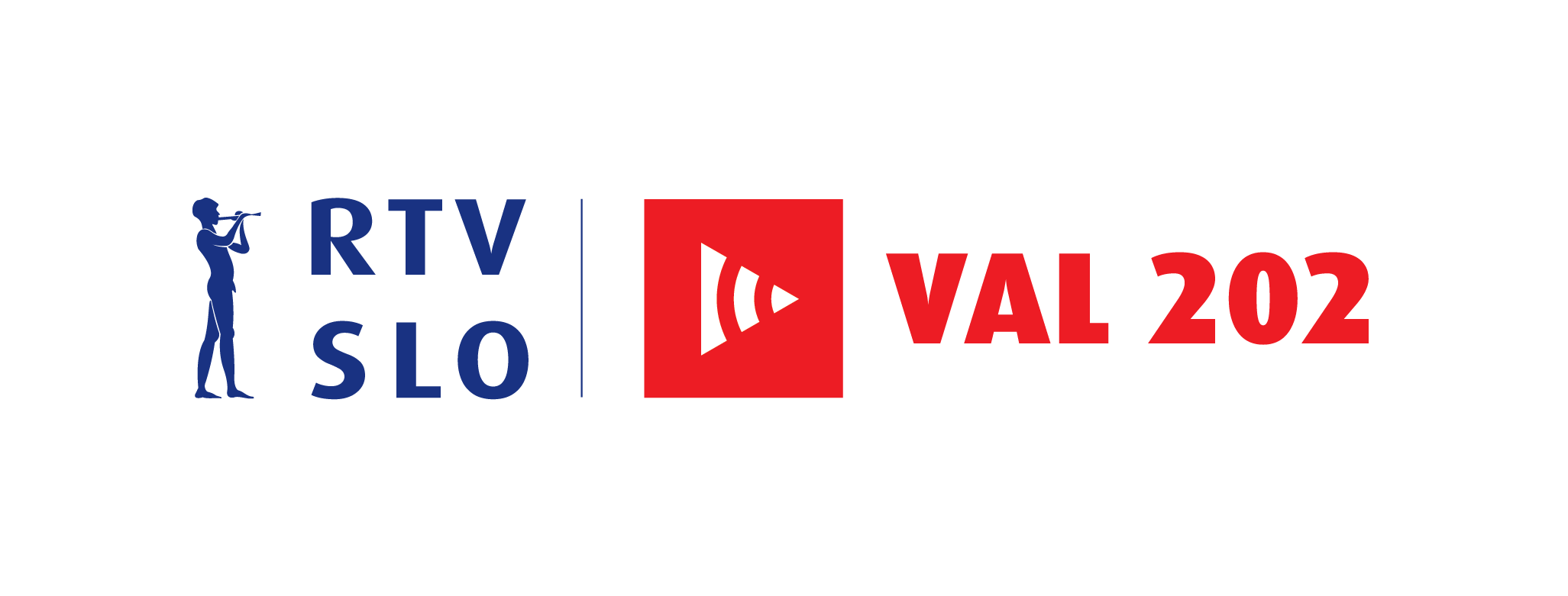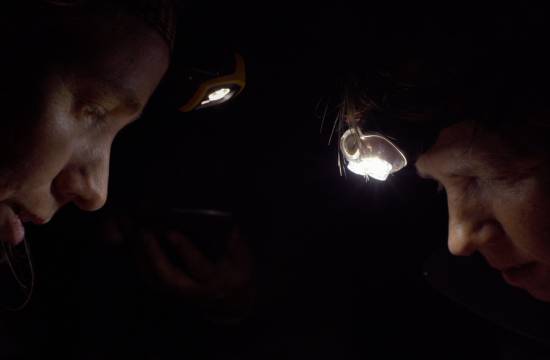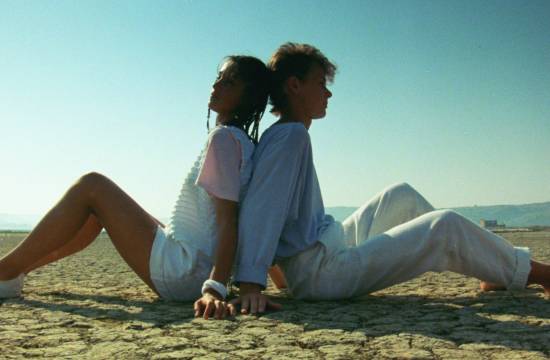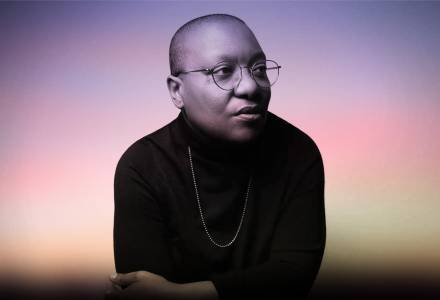Portuguese, 2024, 54'
Director and producer Carolina Castro Almeida in Miguel Cortes Costa

Festival sections
Competition
Human rights films addressing some of the most critical issues of our world, from the rights of underprivileged women, minorities, labour migrants or political asylum seekers, to environmental concerns and religious fundamentalism. The section also serves as an appeal to present-day mass media which tend to neglect numerous important and meaningful stories due to their ostensible lack of newsworthiness.
The Best Human Rights Film Award is presented by Amnesty International Slovenia.
Current, Socio-critical
Documentaries in many ways relating to (and complementing) the competition section, but mostly – also because of their larger budget – bringing bigger stories that enjoy more media exposure.
Myths, Icons, Media
In featuring films about innovative individuals, social phenomena, media-covered issues and as yet unexplored stories the section brings to light some of today’s or recent history’s most prominent aspects.
Intimate and Global Portraits
As suggested by the title, these are small-scale, carefully woven stories concerning either an individual or a particular place and time.
Tribute
In cooperation with Amnesty International Slovenia
Kosovel Hall, Kinodvor Cinema, Slovenian Cinematheque
Main festival sponsor: Automatic Servis
2021 Documentary Film Festival: Foreword
It was only when Dušan Moravec sent me his new documentary capturing the first impressions of the March 2020 pandemic that I fully realised that a whole year has passed since the collective retreat into intimacy, into an inner world that each of us experienced differently. While at the time I was still making facetious comments in my column that isolation was “just my cup of tea”, it has these days – after a little less than a year since the first lock-down – become palpably clear that the combination of various factors and prohibitions can start to get on one’s nerves, especially if one wants to release one’s ‘brainchild’ and show it to the city and the world.
Our children are the 23rd documentary festival’s films; rather than letting them lie idle we decided to go ahead and show them in whichever environment. Last year, we kept postponing the festival, rescheduling it, monitoring the epidemiological situation, and then holding the festival at the beginning of summer in a rough approximation of the normal conditions. Not this year, though. The documentary film festival is a March event, and in March it shall take place; in the glorious comfort of home cinema. One’s heart bleeds, also because many films – as the saying goes – were “born for the big screen”. However, as life is also a matter of principle, we will make a principled stand this time.
Twenty full-length documentaries and a handful of shorts all aim to put current national and global events into context. The first context is created by Matjaž Ivanišin, a Slovenian national treasure and this year’s Prešeren Prize laureate, whose films are small, sincere, timeless cinematic bravuras exploring social dynamics, interactions among people, within different folklores, cultures and customs. The second context is provided by the unyielding pandemic that will be examined from the Chinese angle; the third, the fourth and other contexts are established by the remaining films whose formats and themes range between philosophical reflections, playful and semi-staged docudramas, the never hotter #MeToo issue, the phenomenon of online misrepresentation and deceit, questions of gender identity, as well as the ineradicable political control and repression.
In the film about her life and work, and her return home, Marina Abramović reveals that she had three abortions in her youth for fear of experiencing a creative block; the children referred to in the movie’s title are her young like-minded adherents. Our festival child will see the light of day here and now. Perhaps the online format will render it slightly deformed, but we are going to love it anyway. Until the next edition: which we have every hope of holding in normal circumstances again.
Simon Popek
Cankarjev dom Film Programme Director






